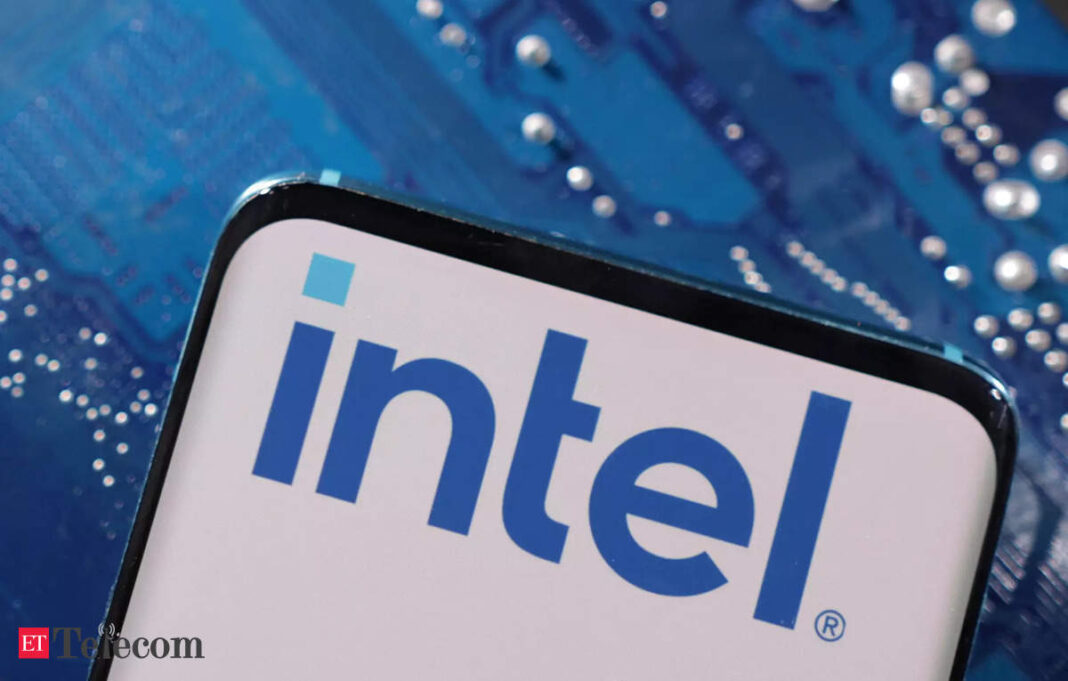In Short:
Intel’s contract manufacturing faced a setback after Broadcom’s tests on its advanced 18A chip process showed it isn’t ready for high-volume production. Despite Intel’s claims of progress, Broadcom is still evaluating its options. Intel’s turnaround strategy includes major expansions and attracting big clients, but it has recorded significant losses and job cuts recently. Hopes remain to achieve breakeven by 2027.
By Max A. Cherney
Setback for Intel’s Contract Manufacturing
Intel’s contract manufacturing business has encountered a significant hurdle following unsuccessful tests conducted in collaboration with Broadcom, according to three sources familiar with the situation, as reported by Reuters. This development poses a considerable challenge to Intel’s ongoing turnaround strategy.
Testing Process and Results
The testing process undertaken by Broadcom involved sending silicon wafers—the foundational discs utilized in chip production—through Intel’s advanced manufacturing process known as 18A. The wafers, which were returned to Broadcom last month, were analyzed by the company’s engineers and executives, leading to the conclusion that the manufacturing process is not yet suitable for high-volume production.
Statements from Representatives
In response to these developments, an Intel spokesperson affirmed, “Intel 18A is powered on, healthy and yielding well, and we remain fully on track to begin high-volume manufacturing next year. There is considerable interest in Intel 18A across the industry, but as a matter of policy, we do not comment on specific customer conversations.”
A Broadcom spokesperson indicated that the company is still “evaluating the product and service offerings of Intel Foundry and have not concluded that evaluation.”
The Contract Manufacturing Business
Launched in 2021, Intel’s contract manufacturing business plays a critical role in the turnaround strategy implemented by CEO Pat Gelsinger. Although Broadcom may not be widely recognized, it produces essential networking gear and radio chips, generating $28 billion in chip sales in its last fiscal year. The company has significantly benefited from increasing investments in artificial intelligence (AI) hardware, with estimates indicating an expected revenue of $11 billion to $12 billion from AI in the current year, up from $4 billion last year.
Financial Implications for Intel
During a challenging second-quarter earnings report, Intel disclosed significant financial losses, leading to a market value decline of more than 25%. The report also announced a reduction of 15% in its workforce and cuts in capital expenditure related to factory construction. Executives, including Gelsinger, are scheduled to present a cost-cutting plan to the board of directors in mid-September.
Intel has committed approximately $100 billion to expansion and new factory construction at multiple U.S. sites. Attracting major clients such as Nvidia or Apple is deemed crucial for optimizing production capacity at these new facilities.
Projected Outcomes and Challenges
In a concerning development, Intel reported a $7 billion operating loss from its foundry division, a significant increase from the $5.2 billion loss the previous year. The company anticipates that its contract chip business may reach breakeven by 2027.
Typically, advanced chip fabrication requires over 1,000 individual steps and approximately three months to complete, determined by the yield of functioning chips per silicon wafer. Meeting substantial production yields is paramount to sustain demand from major chip designers, and Broadcom’s engineers expressed concerns regarding the viability of this process.
Market Competition and Future Plans
For context, leading manufacturing firms like TSMC charge around $23,000 per wafer at high volumes. The time-consuming process of transitioning a chip design from a vendor such as TSMC to Intel or others often requires extensive resources not feasible for smaller chip companies.
In an effort to bolster its standing in the market, Intel released its manufacturing toolkit for the 18A process to other chipmakers during the summer. According to Gelsinger, Intel aims to be “manufacturing-ready” by the end of the year for its chips and seeks to initiate high-volume production for external customers by 2025. He indicated that there are currently a dozen customers actively engaged with the toolkit.





